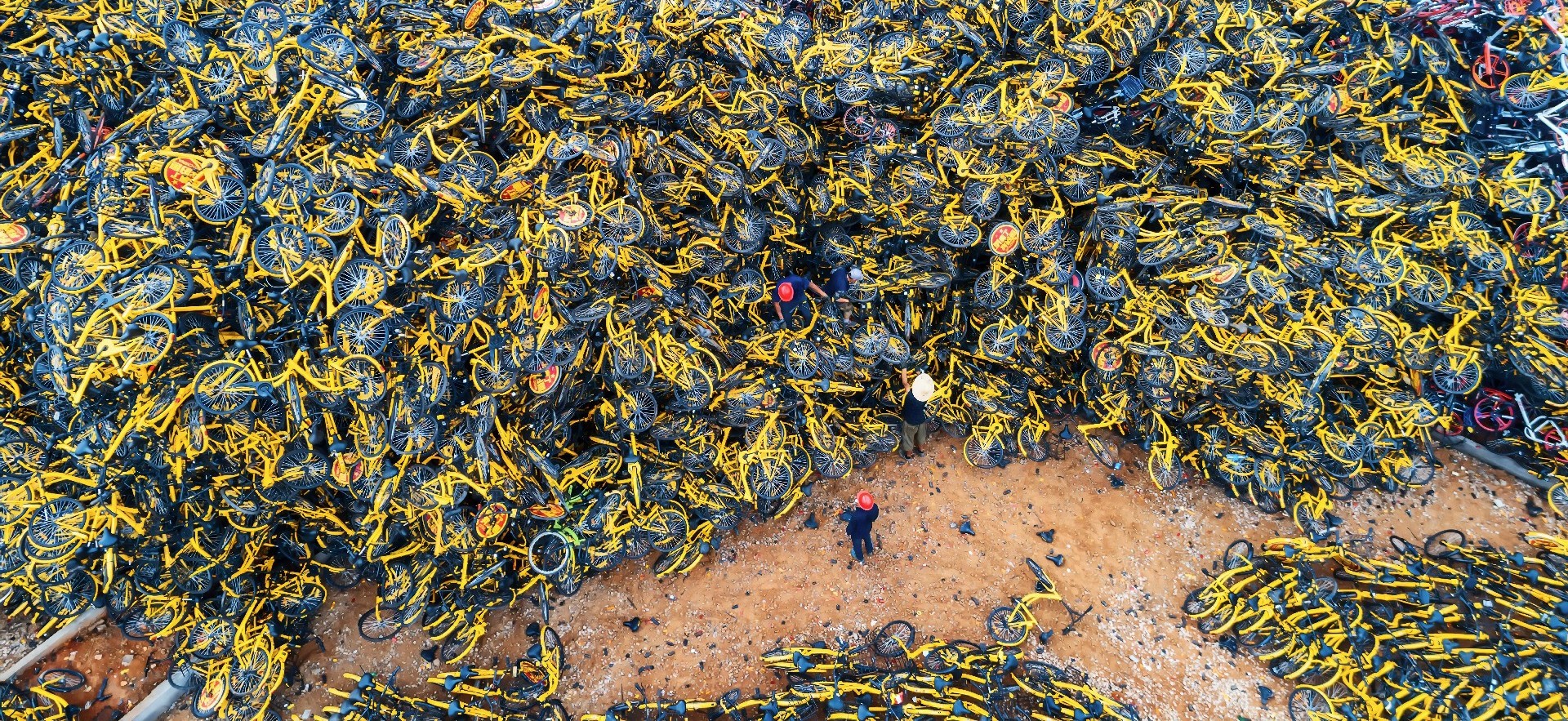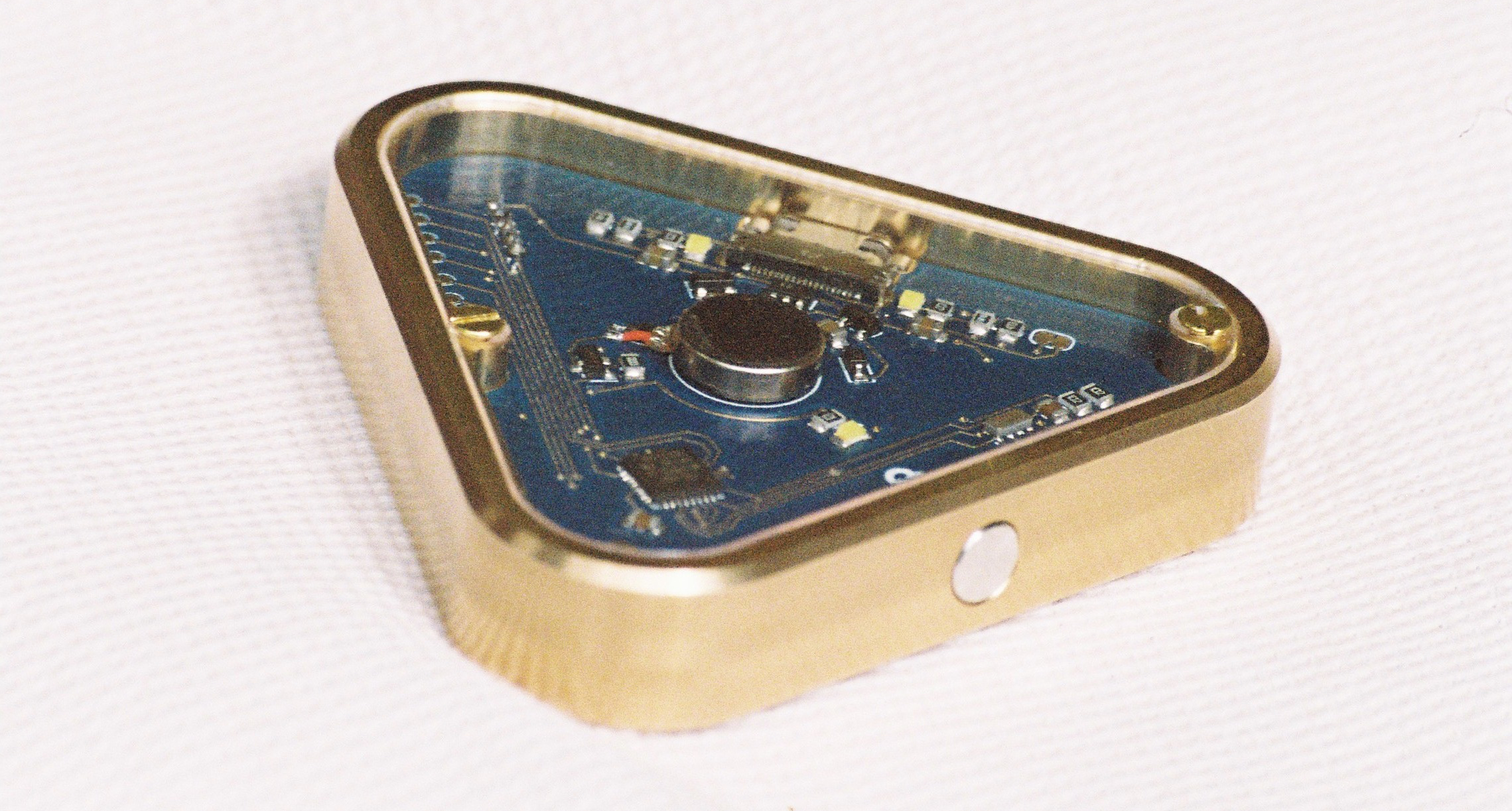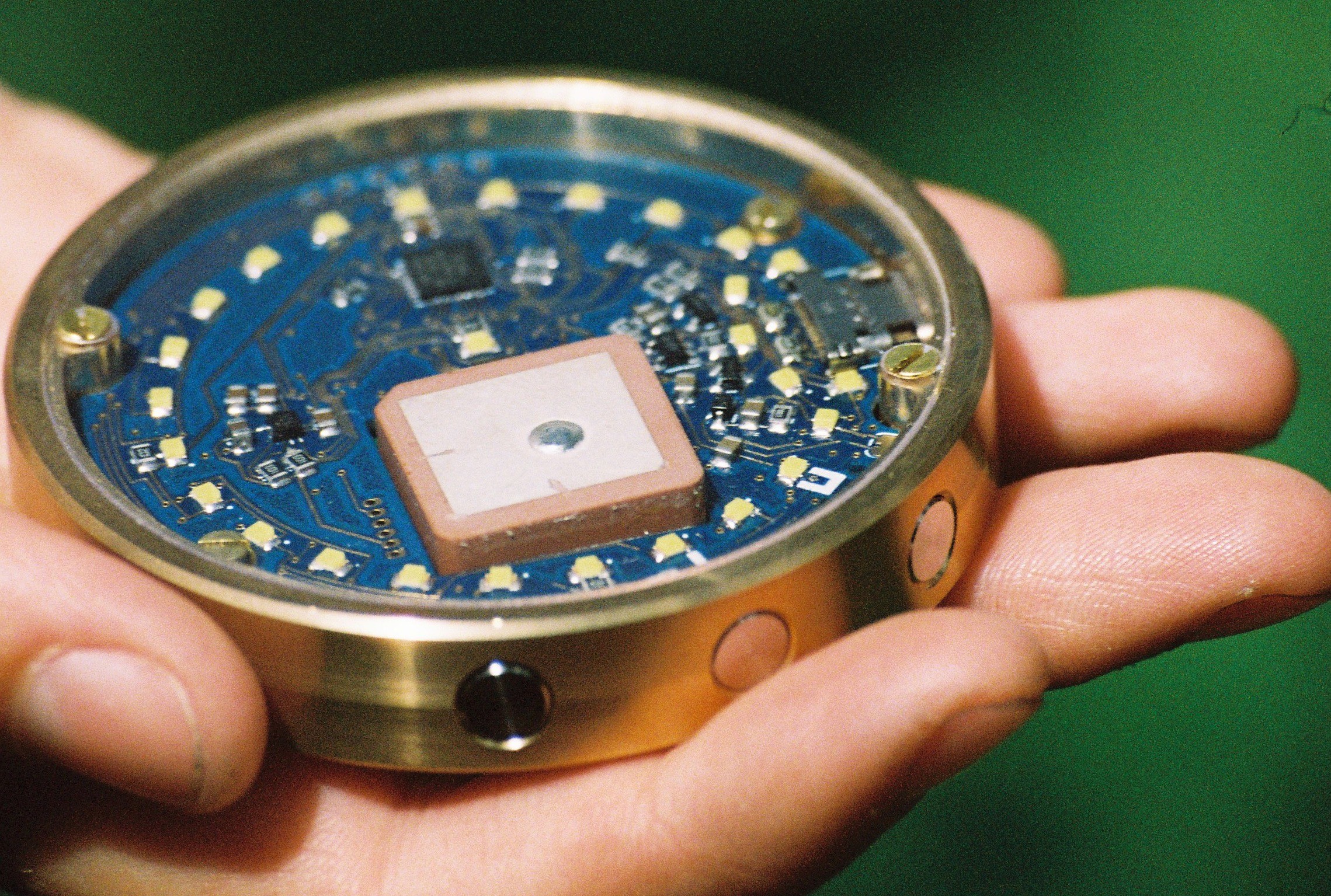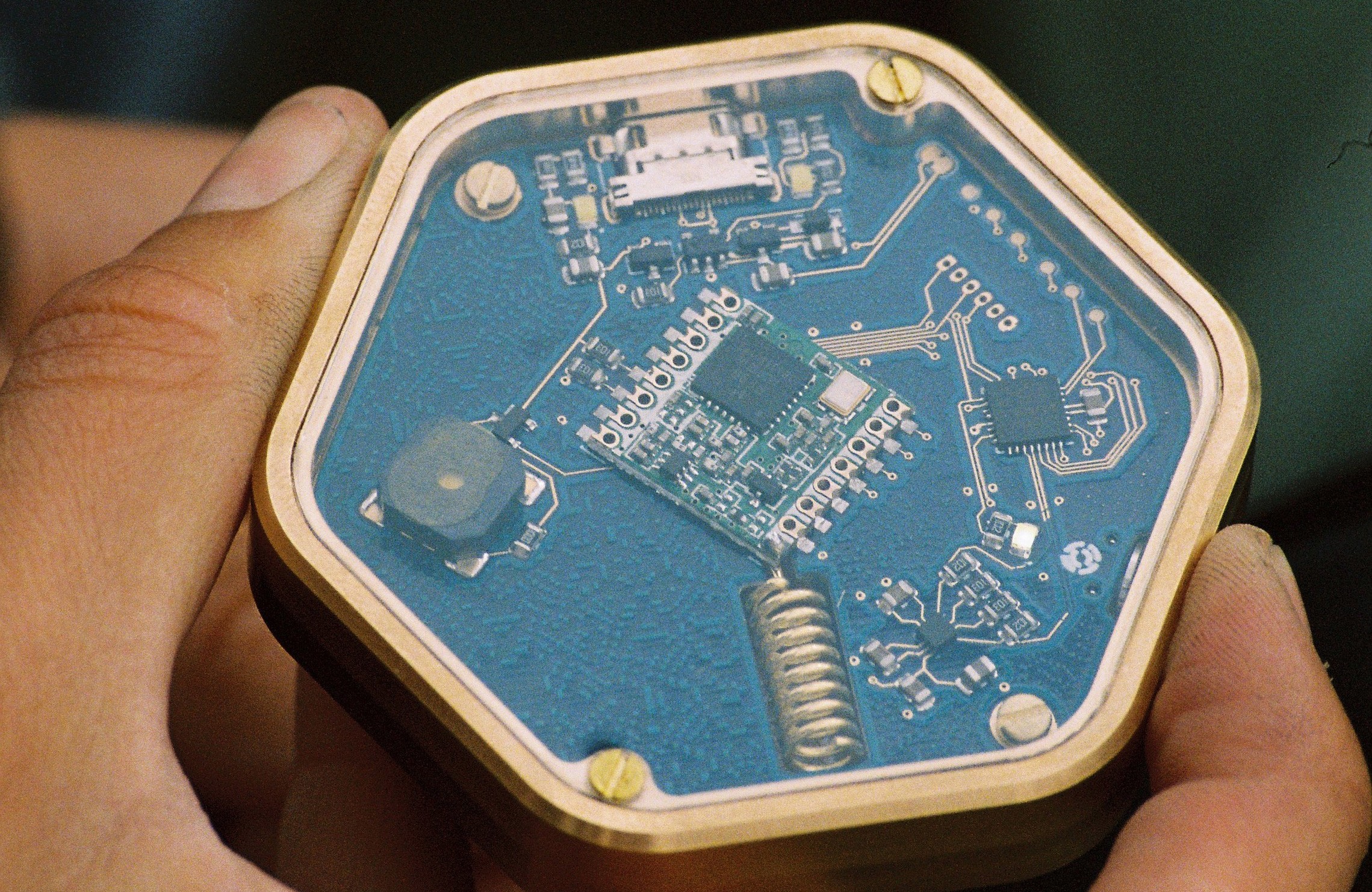PROJECT MOTIVATIONS
This project is born from the observation that modern technology that was once only used in the workplace, is now an integral part of the life of occidental individuals. We all carry one or many smartphones but we don't use them only for productivity. Our entertainment, social life, memories, etc depends on services that we access on our phones or personal computers. This is great for the fast world we live in but we may not be able to sustain this way of life.

First, many services provided through or screens are commercial services. Even if they are free (as in free beer) we do pay with something else: our attention and our data. Both are used for advertising. We spend time watching ads on social platforms and on the web, and platforms get paid for this time. Our data is used to tailor the ads we see so the platforms can get paid even more. This financial model pushes the platforms to design their services in a way that maximize the time the user spends on it. In my opinion, this is where lies the problem. Everything is made to make the user stay one the platforms : disappearing content, likes, shares, infinite scrolling, notification, and more. The more time we spend, the more ads we see, the better the platforms knows us. And with that we see mental health consequences, mainly with young people : Fear Of Missing Out, leading to addiction, anxiety, isolation, and maybe depressions. Not everyone is impacted the same way, but information overload is not something our brain is made to deal with. Many are now calling for a tech diet in our personal lives.
Second, as more and more technologies make it into our lives, the less we understand it. With the search for performance and miniaturization, tech is becoming even more complex. This complexity is makes repairing difficult, if not impossible or prohibited. In many situations repairs done by the manufacturer can be more expensive than buying a new product. And even when repairs are affordable, in the case of electronics, whole boards are discarded even if only one component has failed. This leads to waste that is difficult to recycle. The lack of knowledge on our products is contributing to unnecessary consumption. In a way we never own fully our tech product.
These two observations led me to build this project. It may not be a perfect answer, but I want to propose an alternative to our actual usages and habits of our tech. //sine.stimu.lu/s may not be for the broader public yet, but I hope to reach to hobbyists and individuals who are already adopting a 'tech diet'.
//sine.stimu.lu/s uses three principles to address these issues:
- high specialization
- simplicity
- openness
High specialisation means that it is near impossible to make the device do something other than it was programmed for (ie, showing ads and/or extract personal data).
Simplicity means that our devices will be easily understandable and repairable.
Openness means that you are free to use, copy, understand, repair, modify and distribute your modifications of this project. Hopefully this will prevent this project of becoming obsolete.
These principles and observations led to what //sine.stimu.lu/s is now.
USAGE

SABLIER

Design files: https://github.com/stimulu/sablier
BOUSSOLE

Design files : https://github.com/stimulu/boussole
SIFFLET

Design files: https://github.com/stimulu/sifflet
LICENSES
This project is under the MIT license : SABLIER, BOUSSOLE, SIFFLET
3D models and PCB footprints from KiCAD (GPLv3)
Arduino core and libraries (GPLv2) are in use in this project (firmware)
MCUdude's Minicore and libraries (LGPLv2.1) are in use in the project (firmware)
USB-C connector footprint from Digikey KiCAD library (CC-BY-SA 4.0)
RadioHead libraries (GPLv2) are in use in this project (RFM95)
Sparkfun libraries (MIT) are in use in this project (Sensors)
Modified Adafruit libraries (MIT) are in use in this project (RTC)
Other links
« Skewboard » ISP hat for Arduino Uno compatibles, can be used to programm STIMULU devices : https://github.com/stimulu/skew-isp-uno
LIR2450 LiPo charger PCB : https://github.com/stimulu/charger
KiCAD libraries and 3D models created for this project : https://github.com/stimulu/stimulu-kicad-libraries
KiCAD plugin collection (not used in the current project version) : https://github.com/stimulu/stimulu-kicad-plugins
 Antoine Pintout
Antoine Pintout